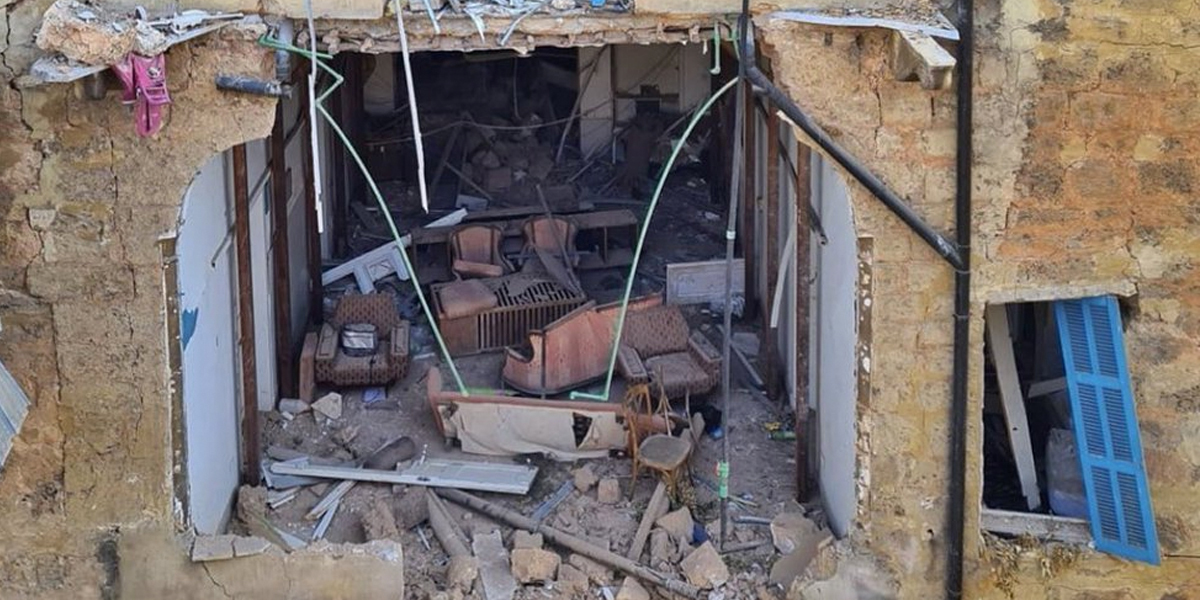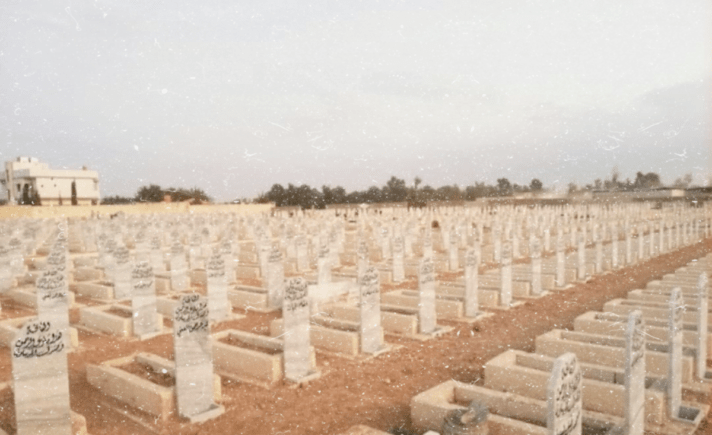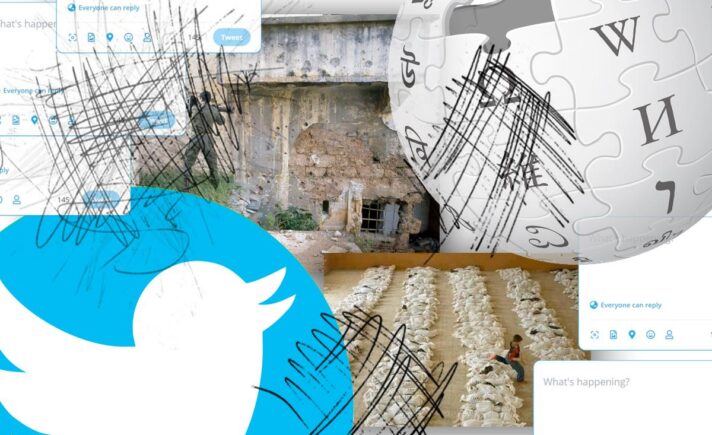If the past is any guide, the future in Lebanon is grim. Today, thirteen days after the disaster, the same six monsters who murdered and robbed us are still in power, unopposed and unaccountable for anything they have done. The same protesters are throwing themselves against the same security apparatus. And the same foreign interests are aligned with the same Lebanese parties and institutions trying in vain to effect reform without accountability. In other words, nothing has changed.
Despite this, I have a strange sense of hope that comes and goes. It is purely subjective, and many sober observers, including my wife, have implied that I am under some kind of post-explosion spell. But it keeps me going, and I’m not alone. I am always surrounded by hard working people with their heads down and their arms full of rubble and the remnants of lives ripped apart by the blast. We have been working together, almost silently. Everyone knows what to do: we acknowledge the horror and express gratitude for the life that is left; we clean up; we rebuild.
We all hold our loved ones a little closer, and we have all formed new bonds based on the raw emotion that is rarely kept inside these days. The streets that were just days ago choked with glass, destroyed cars, and stained with blood are now clean. Houses that looked like a tangle of glass and aluminum fangs absolutely incompatible with human survival (though, miraculously, most did make it out alive) are simple empty shells, home now to shards of salvageable furniture and window frames rather than people.
The impulse to rebuild is now coursing through the society. It comes in fits and starts: a neighbor trying in vain to organize my building to rebuild with the same traditional style of window frames and doors; groups of local restaurant owners who want to organize the reconstruction of their devasted industry, only to become paralyzed at the prospect of taking the lead. The government, for its part, issues contradictory rules and procedures to receive compensation. It has sent the army to roam the affected areas with weapons rather than shovels, and is hindering the work of volunteers and organizations trying to help. Rebuilding efforts at this point resemble a seizure more than a march.
Which is understandable, given that we are still infected by the system that blew us up. It has perpetuated itself in and out of war, through occupation, both Syrian and Israeli, through two grassroots revolutions, and a complete economic collapse and the bankruptcy of the state, central bank, and all private banks. Who are we to think we can escape the past? Where does this impulse to rebuild come from? Are we all under a post-explosion spell?
I’m not alone in succumbing to both irrational hope and irrational hopelessness, frenzied action and bitter retreat. My love for Lebanon and my will to survive compete with a system that is too big, with tentacles that are too long for me to grapple with. But I can address the system inside my mind. This is the system that tells me to be strategic in my choices, to play the game because everyone else is; the one that tells me to make concessions to those in power to chip off a bit for myself. This way of thinking doesn’t help me survive and it doesn’t help the ones I love, it helps the system survive.
In moments of doubt and hopelessness, when the system starts creeping in, I remind myself of the people next to me, our sweat mixed with the dust and dried blood. Cleaning is a salve and a coming together for all of us; there is no worry about the goal or the means or the strategy; there is only collective action silently pursued for the greater good, whether it’s a house or business, a street, a neighborhood. But this salve is beginning to wear off. The dissipation of momentum is palpable, as we lift our view from the rubble in our streets to the corruption and dangerous debris of the city and country. The power of the system disables our love and our instinct to reach out and join together, and the prospect of rebuilding upon the small patch we have cleaned in our home, business, or neighborhood seems like the best we can do.
Rebuilding requires more than just a clean house or street or neighborhood. It requires a clean city, country, government, and most of all a clean mind. Now is not the time to rebuild. We still have a lot of cleaning to do.




